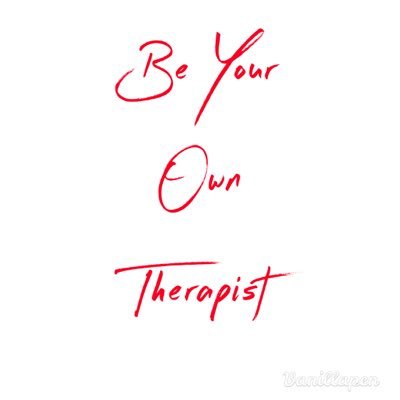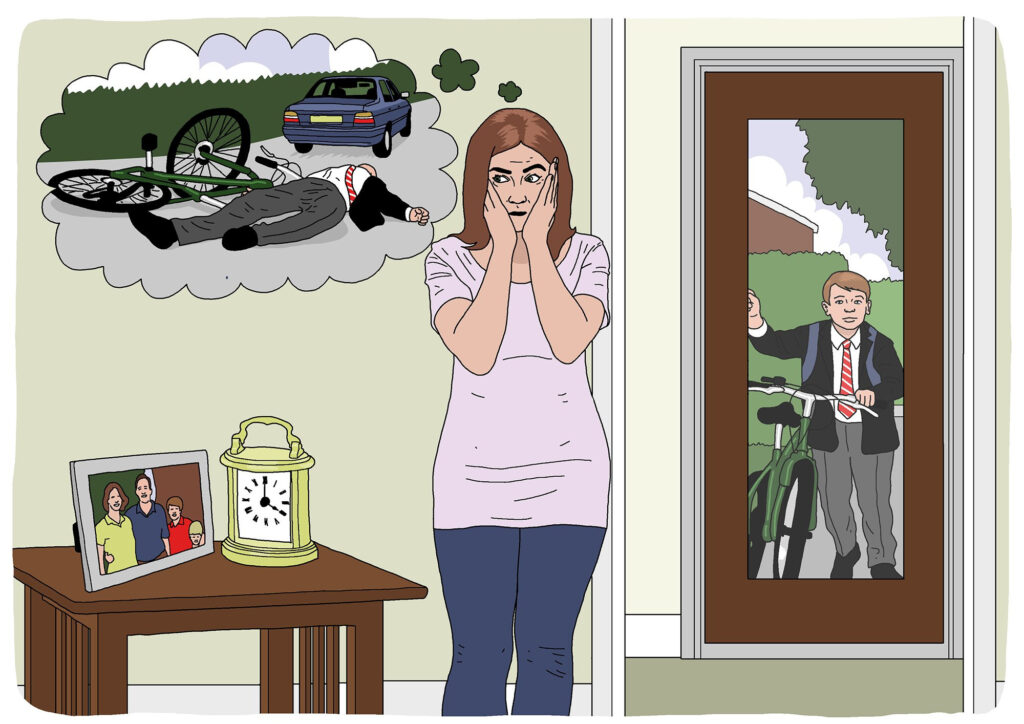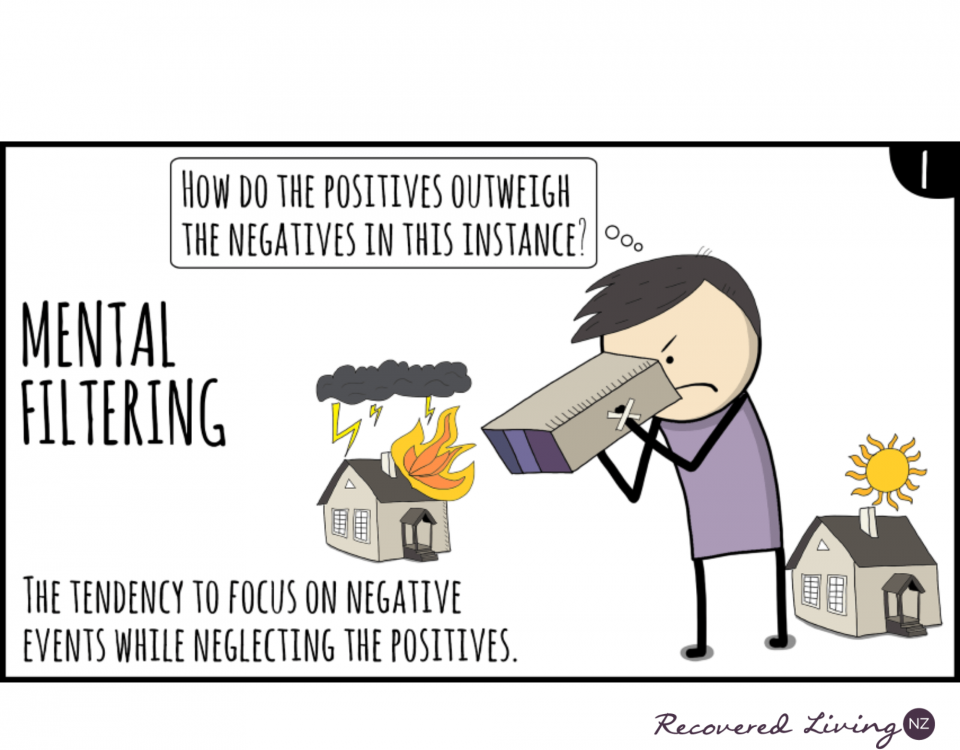Negative Automatic Thoughts: How to Change How you Feel
A bit like all of psychology, cognitive behavioural therapy is something that sounds complicated and fancy but it basically means changing how we think to change how we feel. Let’s delve into this a bit more: An emotion is a feeling that happens because of a situation. Emotions do not just happen for no reason. A situation has to happen before we experience an emotion. When we then experience an emotion, our body has changes. For example, with sadness, our eyes will become teary and we will begin looking down. With anger, our heart will begin beating faster, our bodies will tense and our body temperature will increase. We have no control over the situation taking place, the emotion occurring or the physical sensations happening. We use the situation and the physical sensations to understand what emotion we are experiencing. Within seconds of the situation, emotion and physical sensations, we then think about the experience in our heads, and then we carry out a behaviour. Now what is not known and needs to be taught in schools, in companies and in everyday life is that we can manage how we think and this has a big role to play on our mental health.

We can think in unhelpful ways, which then leads to unhelpful behaviors, or we can think in helpful ways, which then leads to helpful behaviours. Unhelpful behaviours leads to negative emotions while helpful behaviours leads to more positive emotions. For example, let’s say you have been queuing in the post office for the past twenty minutes. As you approach the desk, a man cuts in front of you and goes to the desk. This is the situation. Your body temperature gets warmer, your heart starts to beat faster and your body begins to tense. These are the physical sensations. It is clear that you are angry. This is the emotion. We have no control over any of this process. However, we then have a split second to control what we do next. But we need to think first. We can think unhelpfully and this will lead to an unhelpful behaviour. For example, we could think righteously “who does that prick think he is. I’m going to kill him” and the unhelpful behaviour will then be confronting the man, shouting at him and getting in a fight. You then get kicked out of the post office and you end up not completing the task you were in the post office to do. Therefore your anger continues. On the other hand, you could have a helpful thought such as “wow he must be in a rush. Something must have happened. It’s a bit annoying that he’s skipping me but waiting. Few extra minutes is not the end of the world”. This then leads to the helpful behaviour of waiting. Few extra minutes and you then get on with your day, anger free. Now this of course does not mean that you have to be a pushover all the time. You can take the middle approach and confront the man in a calm manner. But make the decision on the basis of your mental health. If you do something, make sure it is going to make you feel positive emotions beforehand.

So now that we understand the process of cognitive behavioural therapy, I am now going to teach you something psychologists refer to as negative automatic thoughts. This specifically refers to the thought section of the wheel. Throughout our childhood, we develop certain ways of thinking and these thinking patterns become so common that over time, they become automatic. They can be positive or negative. When they are positive, they make us feel more positive emotions. For example, someone who is quite optimistic will remain positive when something bad happens. However, when they are negative, they make people feel more negative emotions. Because as mentioned, negative thought patterns lead to feeling negative. What a psychologist does it try to catch out these negative thinking patterns to make people feel better. However, as opposed to paying someone €60 an hour, we are going to try and teach you how to detect them yourself so that you can have more prosocial mental health.
Catastrophising
You have an exam coming up (the situation). You are roaming up and down your kitchen with butterflies in your stomach (physical sensations), working (emotion) that you’re not ready for the exam (thought). You start living in the future and see yourself failing the exam, which would mean you would not get the marks to finish your degree. This means a year wasted, which might mean that you slack off and then end up failing again and dropping out. You start thinking about what you could do instead. Maybe you could get a full time job in the pub you work at on the weekends. But that would probably mean that you’ll end up drinking too much and spending all your wages. Next thing, you’ll be on the street homeless and turn to drugs until one day someone finds you down an alley, overdosed and nobody will ever remember who you were. Let’s pause and look at this logically. You went from thinking about failing the test to ending up as a junkie found dead in the street. This might sound ridiculous but this is something that happens in the minds of many people. This negative automatic thought is known as catasrophising. It is creating a small issue into a huge problem and it is something that is very common for several parents. Your child hasn’t arrived home on time? They must be kidnapped. The way we can overcome this is by remaining rational. Don’t jump to the worst case scenario. I have an exam coming up but all’s I can do is study and try my best. If I do, I might not do fantastic but I might not fail and if I do fail, it’s not the end or the world. My daughter has arrived home late but she has probably just lost track of time.

Mental Filtering
This refers to neglecting positive details and focusing on negative details. Ireland and the UK are particular experts at this one. In the words of Blindboy, Ireland has collectively low self-esteem. When someone compliments Irish person’s clothes, the immediate response is generally “I only got these in Penneys”, as if to say, yes my clothes might be nice but I didn’t spend much on them, meaning I’m quite poor. Another common example is that I feel good today but I shouldn’t because I have to do x, y and z. Modesty is important but that doesn’t mean we can’t take a compliment. Try it next time. When someone gives you a compliment, just say thank you! And next time you feel positive, give yourself a break and enjoy it. On the other hand, we have a tendency to focus on negative details. For example, if we go into ten shops over the Christmas period and nine shop assistants are extremely kind and polite and we go into one shop and experience a rude shop assistant, we will more than likely return home and complain about how shop assistants are so rude to our partners. While this seems minuscule, constantly maximising small negatives leads to us having a negative outlook on everything and this causes us to experience more negative emotions. So next time, try to look at the glass half full, and better again, when you mix in gratitude, you are just content that you have any in your glass at all!

Emotional reasoning
This one applies to any supporters of Waterford, Mayo or Spurs. Just because you feel a certain way, that does not mean that is the way it is. It happens year after year. These supporters feel hopeful that their team is going to win this year, so that must mean they will win. But unfortunately, the way you feel does not have control over events outside of your control. On a heavier note, this is a thinking pattern that can lead to very dangerous behaviours. For example, some people do not feel they are in the mood to do anything so they feel they must stay in bed all day. While this is reasonably harmless starting off, it can develop into a regular behaviour and if someone continuously stays in bed, this can lead to symptoms mirroring depression. So this one is particularly important. It is important to listen to certain feelings such as our needs. For example, we should eat when we feel hungry. But sometimes, our feelings get it wrong and knowing that our feelings do not always represent reality will stop us feeling disappointed.

These are only three of ten negative automatic thoughts I am going to talk about but they are a good place to start. Begin checking your thinking to start feeling more positive emotions regularly. Try not to catastrophes and think of the worst case scenarios. It doesn’t help the problem at hand. Avoid discarding positives and emphasising negative details. And finally, don’t mistake how you feel for the way things are. Or maybe just don’t support Mayo.
Yours Sincerely,
The Motus Movement